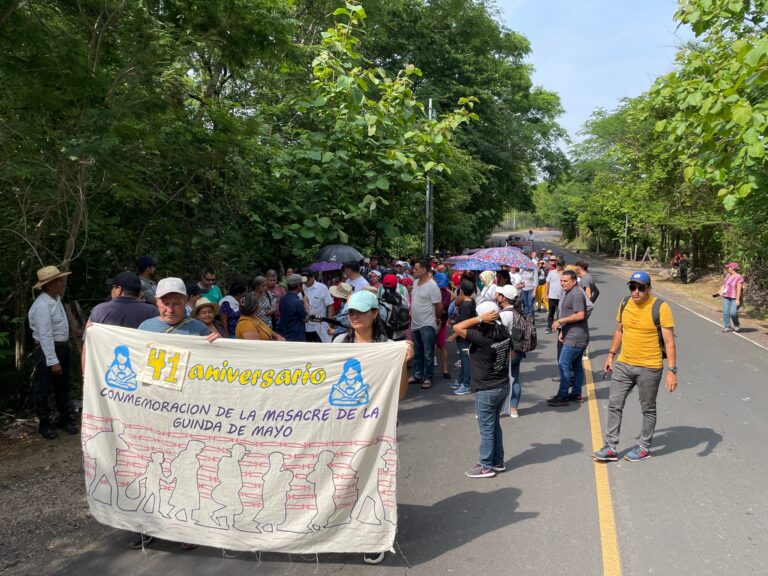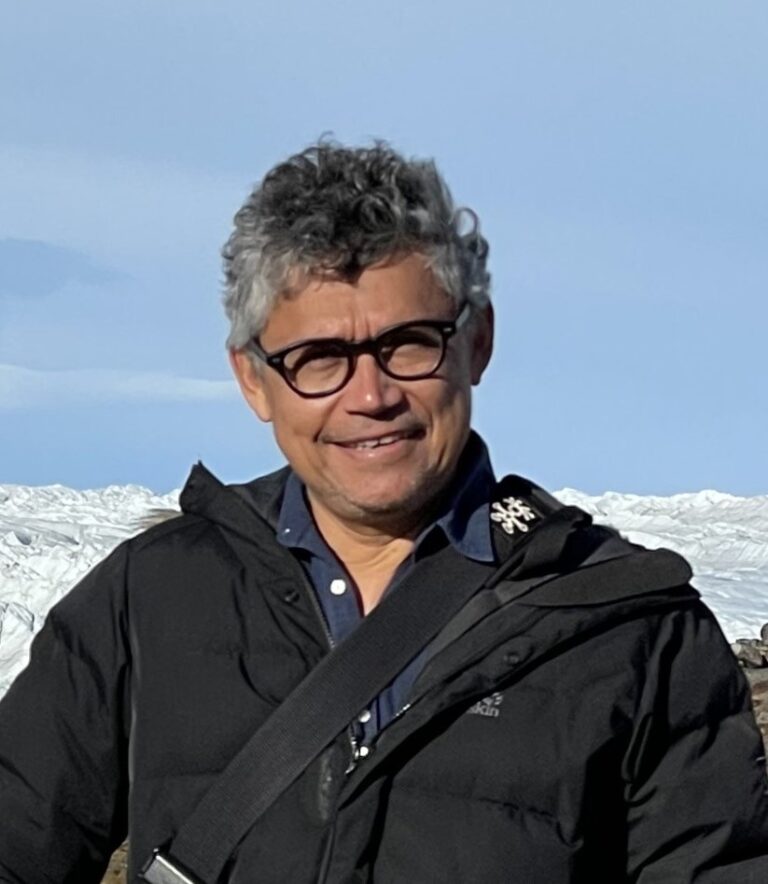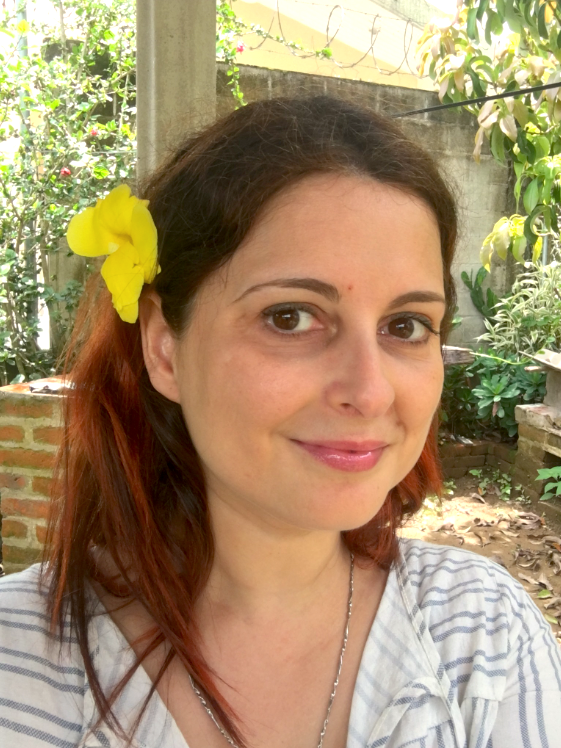Strengthening memory through post-conflict economic reconstruction in El Salvador
Part of the Surviving Memory in Postwar El Salvador research initiative
After years of civil war, El Salvador remains a fragile country both politically and economically. With a geographical territory of 21,000 square kilometres, a population of 6.2 million and scare water resources, the country struggles to provide a decent livelihood for all of its citizens. Since the 1992 civil war’s end, this Central American nation has aimed to boost its economy through foreign investment. From the early 2000s, 10 mining companies sought minerals in the north, sparking concerns about food security, the environment, and social division, leading to a mining ban in 2017. Even though mining projects were halted in the northern part of the country, civil society is still in a process of finding sustainable reconstruction activities that rely on the unique environmental attributes of the region and the difficult past that its inhabitants and communities had to endure during the civil war.
Research problem
A number of authors within the sustainable heritage field and memory studies have documented a number of successful post-conflict local reconstruction projects using tangible and intangible heritage. Hall (2000), Hampton (2005), Fotopoulou (2017), Ikonomou (2017), Aliferi (2017), Legner (2018) have looked at such cases and concluded that there are many factors that determine the success of such projects. These factors vary from level of entrepreneurship in the affected region to funding levels and political will of project stakeholders. The current research examines the most important of these previously identified factors when implementing a similar reconstruction project in El Salvador and analyse their replicability.
Research Aims & Objectives
The research objective is to examine what factors are most important when implementing heritage based local reconstruction projects in a post conflict zone in El Salvador and show what their respective level of impact is in the Salvadorian context. Elaboration of these success factors depends on a combination of economic elements such as entrepreneurship, access to resource and capital and marketable skills along with non-economic elements such as environmental sustainability, creativity, cultural and historical identity, resilience, and traditional/indigenous knowledge. We also include the effect of environmental elements such as natural endowments and geographical location. The research aim is to contribute to the growing literature that demonstrates that local reconstruction using tangible and intangible heritage in post conflict zones is more likely to succeed when we consider non-economic factors as having equal weight as economic factors.
Methodology and Activities
The research project has two distinct sections:
- Identification and examination of success factors for a tangible heritage project related to Sumpul Massacre, and
- Identification and rescue of traditional and indigenous knowledge (intangible heritage) related to the sustainable extraction of foods, materials and medicines from the forest lost because of the armed conflict.

Activities to carry out section A (tangible heritage):
- Preliminary selection of success factors.
- Discussion of success factors and selection of heritage reconstruction projects with stakeholders.
- Implementation of heritage reconstruction projects and establishment of monitoring mechanisms.
- Continuous discussions based on monitoring results.
- Final discussion based on monitoring results.
- Publication of results in both lay and academic presses.
Activities to carry out section B (intangible heritage):
- Discussion of rescue and identification exercise.
- Implementation of rescue and identification exercise.
- Investigating the possibilities with forest foods, materials and medicines.
- Publication of results in both lay and academic presses.
This research project is a part of the project Surviving Memory in Postwar El Salvador – a collaborative research initiative is an international partnership of survivors, scholars, artists, lawyers, museums, architects, community organizers, municipal governments, civil society organizations and mental health professionals who are committed to documenting the history of the Salvadoran Civil War (1980-1992) and preventing future violence.
To learn more about the Surviving Memory project click here.
Project Participants

Vladimir Douglas Pacheco Cueva vpc@cas.au.dk
Associate Professor, International Studies

Chiara Bresciani
Lecturer International Studies

Alain Carretero
Research Assistant